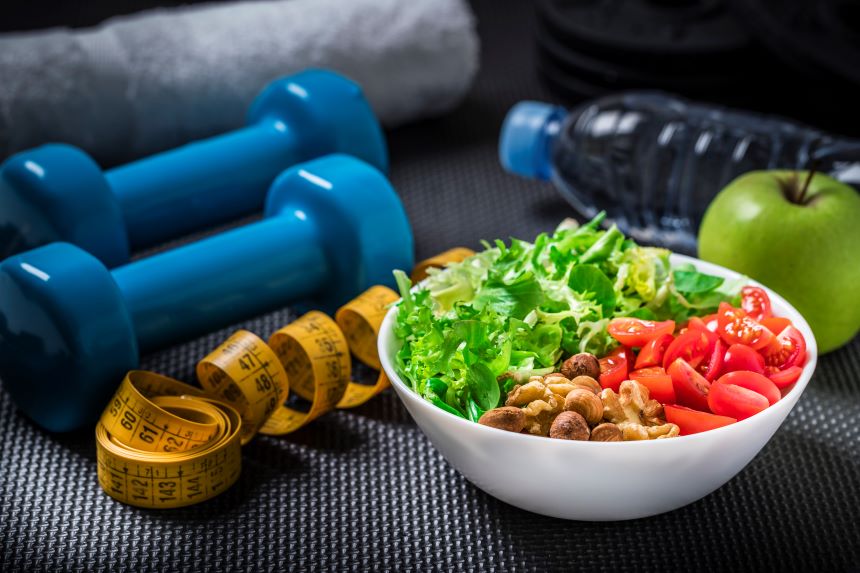For every athlete, there comes a time when your body can no longer keep up with what your mind wants it to do. But getting older doesn’t mean you have to give up your favorite sport.
One of the keys to having fun without getting hurt is developing a better understanding of how your body changes as you age, and what you can do to keep it safe.
As you age, your flexibility starts to suffer as your tendons lose elasticity, making you stiffer. Your heart will lose some of its strength, forcing you to work a little harder. There is gradual deterioration of the cartilage that provides a cushion between your bones. You’ll experience a decline in muscle mass, particularly once you hit your 50s. And you will start losing your balance and coordination, increasing your risk of hazardous falls.
Common Injuries
For older athletes, the most common injuries result from losing balance and falling. These incidents often cause damage to the lower extremities, ranging from the feet to the hips. The second most common type of injury is from overuse. Among typical injuries:
- Fractures: Breaks occur when a sudden force strikes your bone.
- Cartilage tear: This happens when the protective sheath covering the ends of some of your bones is damaged. These are common in the knees.
- Sprains: These occur when a ligament (which connect your bones to each other) is stretched or torn. They are more common in ankles and knees.
- Strains: These result when an overextended muscle is stretched or torn.
- Concussion: The brain injury can be caused by a blow to the head.
- Achilles tendinitis: This overuse injury affects the band of tissue that connects your calf muscle to your heel. It is common among runners or people who play basketball or tennis.
- Golfer’s elbow: This overuse injury involves inflammation of the tendons on the inside of the elbow.
- Tennis elbow: This overuse injury involves inflammation of the tendons on the outside of the elbow.
Strategies To Avoid Injuries
One of the most important things you can do to stave off injury is to keep yourself flexible. As you get older, it’s normal for your tendons to lose some elasticity. Doing stretching exercises two or three times a week can help you maintain flexibility, which can reduce injury risk. It will also pay off with regular life activities – including things as simple as turning around to look behind your car while backing up.
Moderation may be the key if you have a passion for a sport (basketball, for example) that’s particularly challenging on the body. There’s no reason you can’t keep playing these higher impact sports as you get older, but you may need to change how hard you play – and how often. It’s also important to remember where you are in life compared to the people surrounding you. If you are in your 50s, you can’t approach a sport in the same manner as someone in their 20s.
Also remember that your body is your best early-warning system when it comes to injury. Pay attention to any unusual pain or discomfort that lasts longer than it should. This is good advice for every athlete, but the older you get, the less freedom you have to push through injury. If you don’t take some time off to let your body heal, you risk a more significant injury that could force you to miss extended time. And if an injury isn’t healing, it’s time to see your doctor.
Time for a Change?
As much as you might enjoy high-impact sports like soccer, softball and basketball, there will be a time when your body can’t keep up. Arthritis, back injuries and other conditions can make it virtually impossible for you to enjoy some sports.
At that point, you should look around for a lower-impact activity. If you find running sports too painful, consider activities like biking or swimming. You’ll still be able to gain the cardiovascular benefits, but you won’t have to deal with the debilitating side effects.
You’ll know it’s time to make a change when the pain associated with your favorite sport outweighs your enjoyment of that sport.
Choose to Stay in Touch
Sign up to receive the latest health news and trends, wellness & prevention tips, and much more from Orlando Health.
Sign Up










